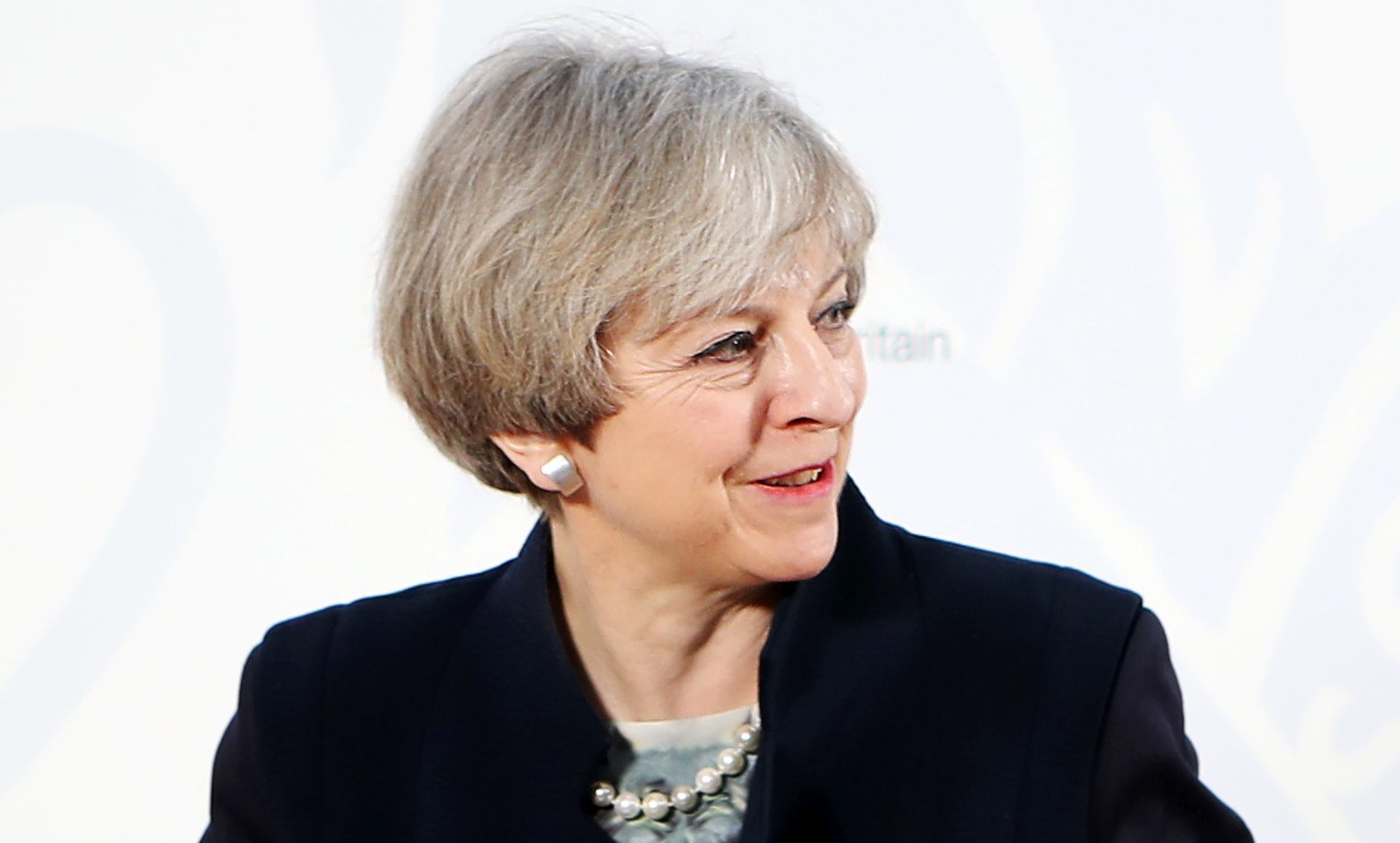Criminal charges will not be brought against those accused of expenses fraud ahead of the 2015 general election, the CPS has said.
Prosecutors have been considering whether to pursue allegations against about 30 Conservative candidates and staff, which relate to campaign spending.
A key accusation was the marking down of election expenses as national rather than local spending.
But the CPS said the tests for bringing charges “are not met and no criminal charges have been authorised”.
One file from Kent remains under consideration.
The decision clears those under investigation of criminal wrongdoing, however the party was fined £70,000 for failures over recording election expenses earlier this year.
Nick Vamos, the CPS’ head of special crime, said: “We have considered files of evidence from 14 police forces in respect of allegations relating to Conservative Party candidates’ expenditure during the 2015 general election campaign.
“We considered whether candidates and election agents working in constituencies that were visited by the party’s ‘battle bus’ may have committed a criminal offence by not declaring related expenditure on their local returns.
“Instead, as the Electoral Commission found in its report, these costs were recorded as national expenditure by the Party.
“We reviewed the files in accordance with the Code for Crown Prosecutors and have concluded the tests in the code are not met and no criminal charges have been authorised.”
He added: “One file, from Kent Police, was only recently received by the CPS, and remains under consideration.”
Although evidence exists that expense returns from the party were inaccurate, Mr Vamos said, there is “insufficient evidence to prove to the criminal standard that any candidate or agent was dishonest”.
He added it would not be possible to prove election agents “acted knowingly or dishonestly” by logging battle bus returns as national rather than local spending, as they were told to do by Conservative party HQ.
“Therefore we have concluded it is not in the public interest to charge anyone referred to us with this offence,” Mr Vamos said.
The Conservatives were fined the maximum £70,000 in March by the Electoral Commission, which then asked police to investigate if laws had been broken.
The penalty was issued because of “significant failures” in how the party registered its election spending, including not properly declaring, or not declaring at all, campaign expenses.
Strict rules govern campaign spending to prevent parties having an unfair advantage over their rivals.
The party’s chairman Patrick McLoughlin said he is pleased the matter if “finally resolved”.
He said: “After a very thorough investigation, we are pleased that the legal authorities have confirmed what we believed was the case all along: that these Conservative candidates did nothing wrong.
“These were politically motivated and unfounded complaints that have wasted police time.”
Pete Wishart, the SNP incumbent in Perth and North Perthshire, said: “Today’s CPS decision that there is insufficient evidence of criminal intent to the standard required for a prosecution is far from a clean bill of health for the Tory party – who have already been fined a record £70,000 by the Electoral Commission for breaching election spending rules.
“The Tory party will not be let off the hook for their proven failure to accurately report election spending, and their actions highlight the need for urgent reforms.”
Answering questions in Leeds, Jeremy Corbyn, the Labour leader, said he was “interested and surprised” by the CPS decision, but would need to look at the details.
Tim Farron, the Liberal Democrat leader, said: “The observation I would make of the Conservative party is it appears to have stayed the right side of the law by the letter of it, but has driven a battle bus and horses right the way through the spirit of it.”
Nicola Sturgeon last month accused the Tories of “buying” the last election and suggested the Prime Minister called the snap ballot before a potential expenses scandal “catches up with her”.
The CPS decision was made the day before Thursday’s deadline for parliamentary candidates to register or withdraw from the June 8 vote.



